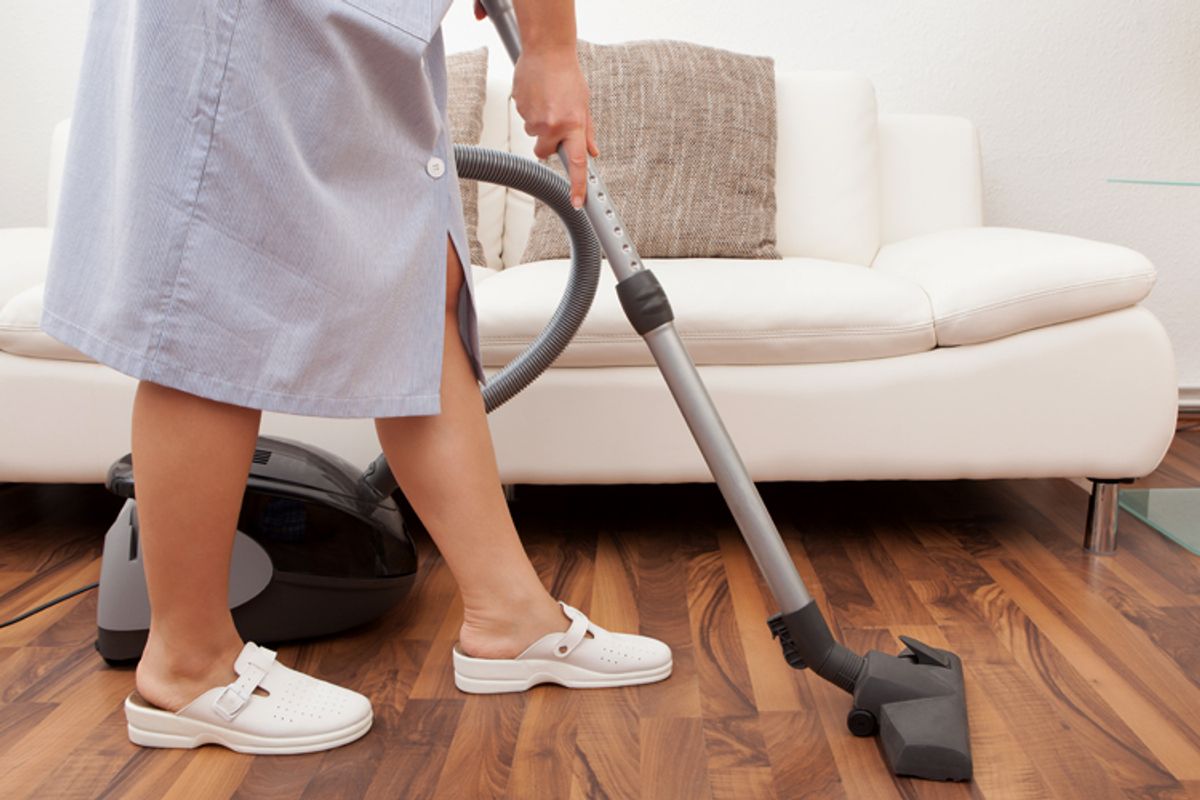The problem: Millennial San Franciscans who interact with the world primarily through their phones feel uncomfortable hiring people to clean their bathrooms.
The solution: apps that subtract the messiness from getting someone to clean up your mess. Just click a few boxes and you are done. No human muss, no human fuss.
The San Francisco Chronicle's Ellen Huet has the lowdown on two new arrivals in the home-cleaning-app sector, Homejoy and Handybook.
For a certain class of young San Franciscans, hiring a cleaner -- or anyone for that matter -- can feel awkward. And awkward doesn't translate into good business...
So these companies have designed apps and websites to reduce any guilt and discomfort associated with hiring someone to do menial labor. Users can get a quote and book a cleaning without ever talking on the phone, and receive a checklist of suggested add-ons so they don't feel like they are asking too much.
Now, there can be no denying the market opportunity here. These apps are the perfect illustration of George Packer's observation that Silicon Valley is filled with start-ups full of 20-something male programmers aiming to solve the problems that afflict 20-something male programmers. And yes, millennials do expect to do everything via their smartphone, so it is therefore perfectly logical to enable toilet-bowl cleaning via smartphone.
But from a larger social perspective, the absolute last thing the world needs are apps that further isolate the ascendant upper classes from the people who occupy lower economic strata. The notion that you could or should get someone to clean your house without ever having to speak a single word to that person is a horrible idea. This is how smartphones are transformed into technologies of disconnection. This is how the arteries of class stratification harden beyond hope of repair. This is how real living human beings become little more than apps, themselves.
I'm sure the model will prove hugely successful.

Shares